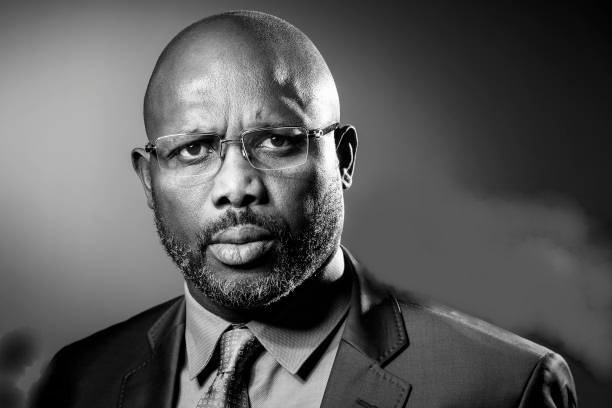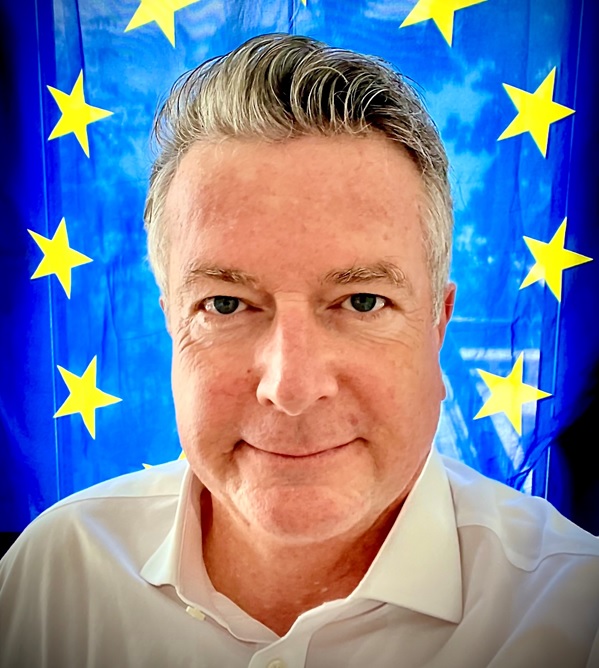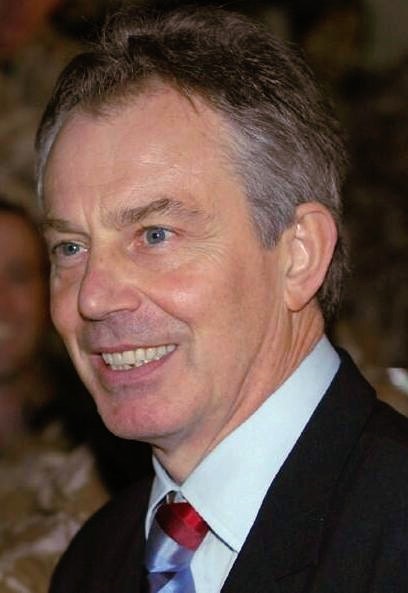By Tugbeh J. Wesseh
Liberian President George Weah finds himself facing a moment of reckoning as he prepares to confront the people of the Southeast region after years of unfulfilled commitments. The President is planning a campaign trip to the region.
The President, who once enjoyed enormous support from the region, now faces the daunting task of rebuilding trust and addressing the frustrations of a disillusioned constituency.
Weah hails from the Southeast region-a region rich in natural resources and vibrant communities, has been grappling with a multitude of challenges, ranging from inadequate infrastructure, especially road network to economic hardships.
During his rise to power, President Weah made sweeping promises to uplift the lives of the people in the Southeast, vowing to address their long-standing grievances that includes the construction of the coastal highway and improve their quality of life.
However, as time passed, the people of the Southeast began to witness a stark disparity between the President’s words and actions. Key pledges, including crucial infrastructure projects and economic development initiatives, remained unfulfilled, leaving the region mired in a state of neglect and disillusionment.
The once-ardent supporters of President Weah now question his commitment to their well-being. The broken promises have sown seeds of doubt, and the people of the Southeast are eager to hold their leader accountable for his unfulfilled commitments. Community leaders, activists, and ordinary citizens are demanding answers, seeking reassurance that their concerns will finally be addressed. In wake of am these, sources say a few loyalists if Weah continued to impress on him that all is well in the area.
President Weah finds himself at a critical juncture as he prepares to face his people in the Southeast. His visit to the region for his re-election campaign, represents a pivotal moment, wherein he must confront the accumulated frustrations and restore faith in his leadership.
The President’s ability to acknowledge his past shortcomings, present a concrete plan of action, and demonstrate a genuine commitment to change will determine his credibility and the future of his relationship with the Southeast region. This is even subject to even if the people will really give him a second chance.
The people of the Southeast, once hopeful and eager for progress, are now cautiously observing President Weah’s every move. They yearn for tangible results and transformative change that will uplift their communities and improve their livelihoods. The President’s visit to the Southeast is not merely symbolic; it is a litmus test of his leadership, trustworthiness, and ability to learn from past mistakes.
As President Weah engages with the people of the region, the spotlight is on him to tell the people why he failed on his promises, bridge the gap of disillusionment, and rebuild the shattered trust.
The road ahead is challenging, but it offers an opportunity for the President to rectify past failures and forge a new path towards inclusive governance that leaves no region behind.
The Southeast region waits with bated breath, eager to see if President Weah can rise to the occasion, restore their faith, and usher in a new era of progress and prosperity for all, if he’s re-elected, as another candidate from the same region, the Collaborating Political Parties’ Alexander Cummings has been knocking on the doors of disgruntled people of the region-telling them that he can do better then the former football star.







